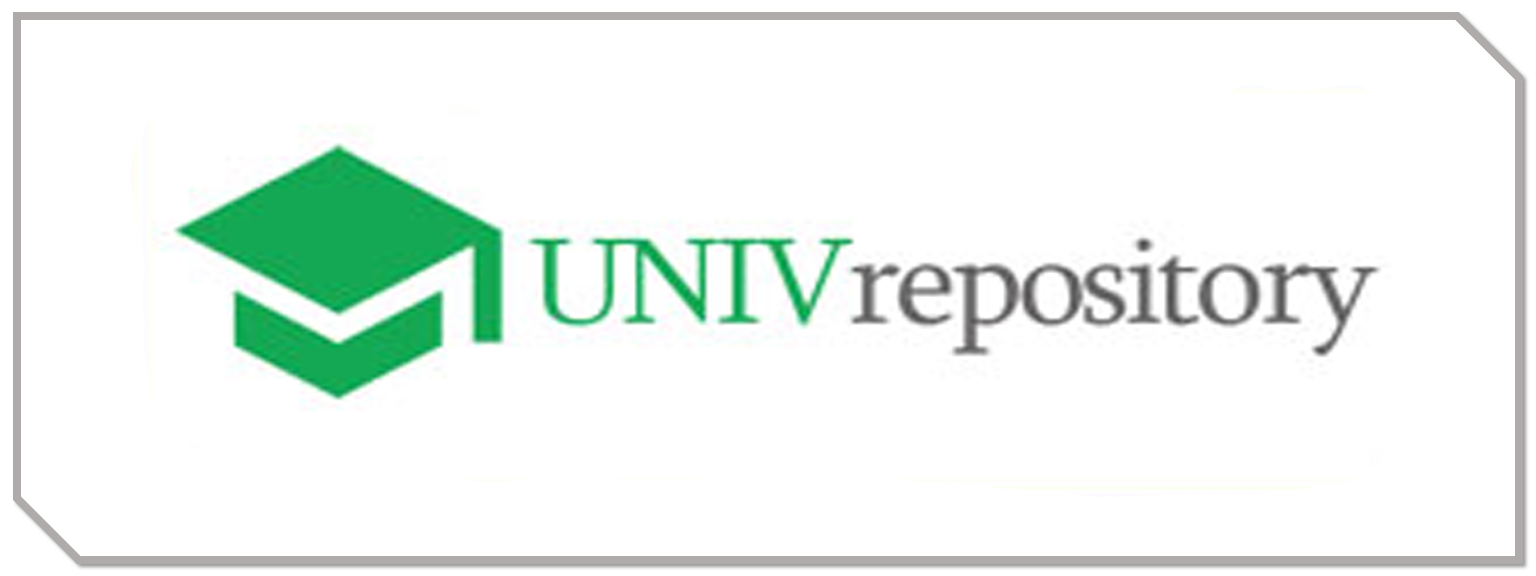DAMPAK PERDAGANGAN SENJATA ILEGAL TERHADAP PEREMPUAN DAN ANAK-ANAK DI NIGERIA
Keywords:
illicit arms trade, Nigeria, national security, illegal weapons circulation, women and childrenAbstract
The proliferation of conventional and non-conventional weapons has raised international concerns since the end of the cold war, these weapons have become the main instrument of violence in ethnic and internal conflicts. This article focuses on the issue of light weapons and medium weapons (SALW) in Nigeria and its impact on national security. Nigeria faces challenges in reducing illegal arms trade. This article analyzes individuals involved in the illegal arms trade based on data on the distribution of SALW in Nigeria, the factors that drive the demand for light weapons and medium weapons among civilians, such as the inability of the police to maintain order and other criminal activities due to weak control management resulting in open access to illegal weapons in Nigeria. The consequences of illegal arms trade, include increased violence, terrorism, kidnappings, communal crises, and attacks on educational institutions. The analysis also explores the gender implications of arms expansion, such as violence against women and children and the Nigerian government's efforts to address this issue by establishing the National Center for Small Arms and Light Weapons Control.
Downloads
Published
Issue
Section
License
Copyright (c) 2024 Rahmi Fitriyanti, Rafly Syauqi Rabbani

This work is licensed under a Creative Commons Attribution-ShareAlike 4.0 International License.







